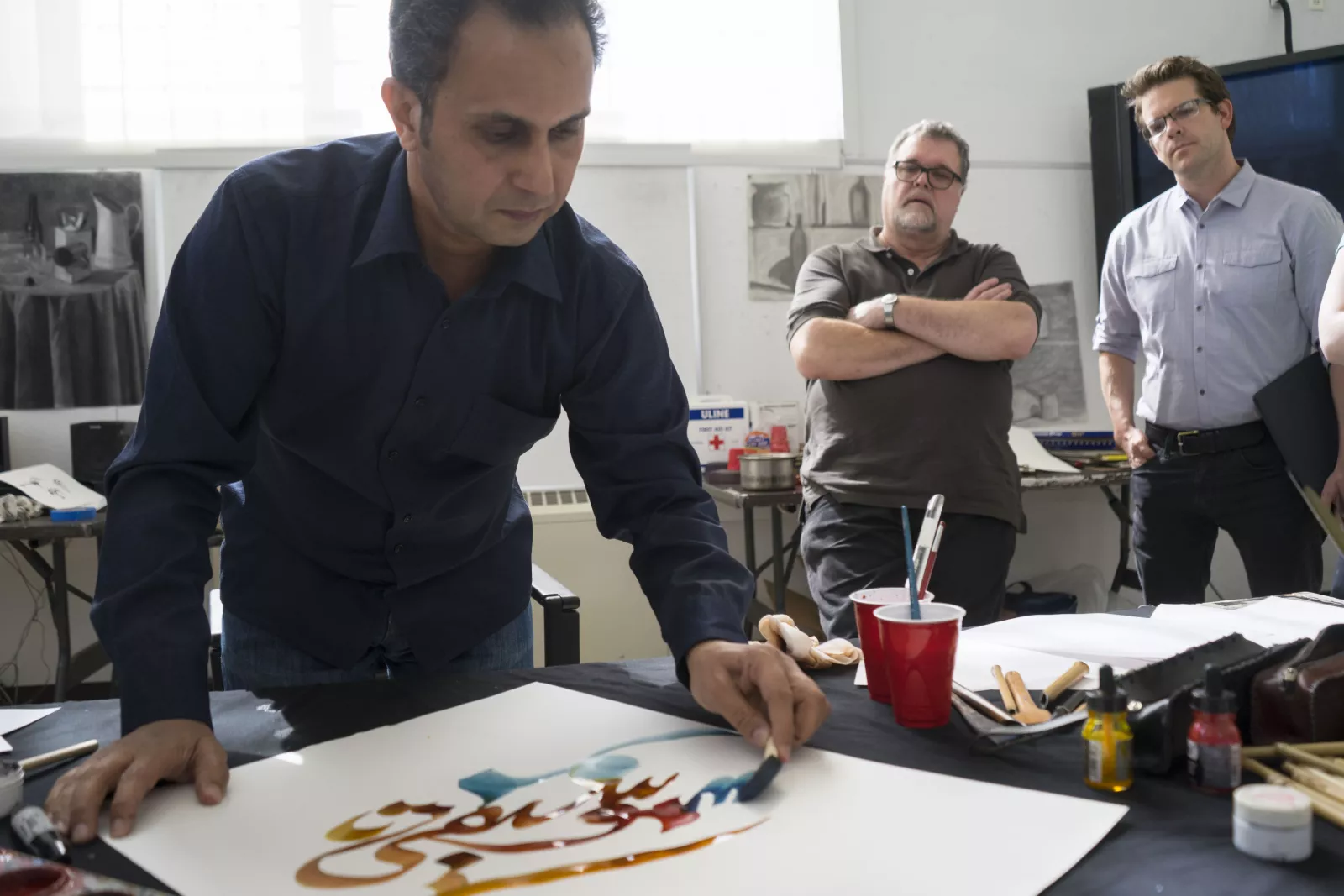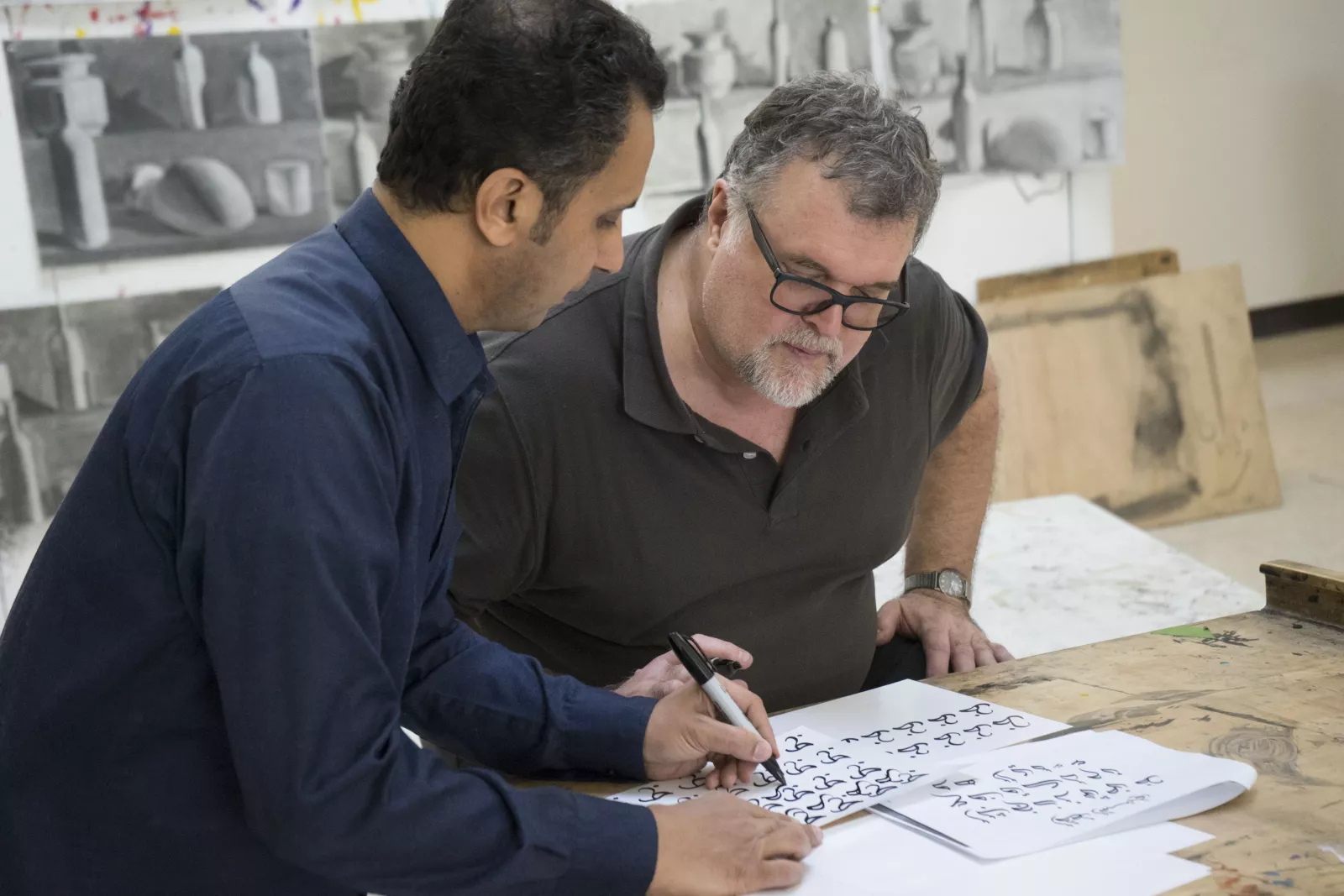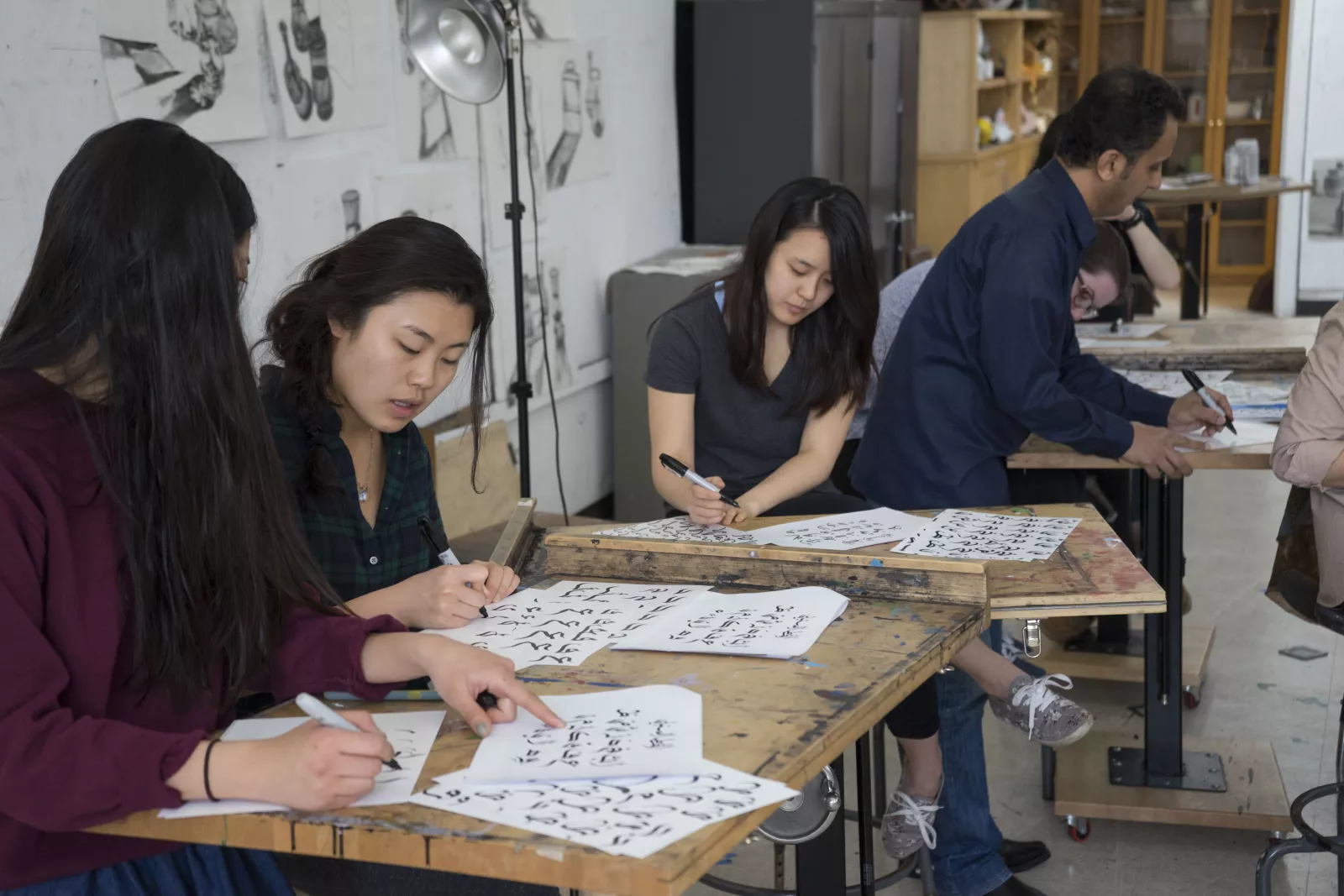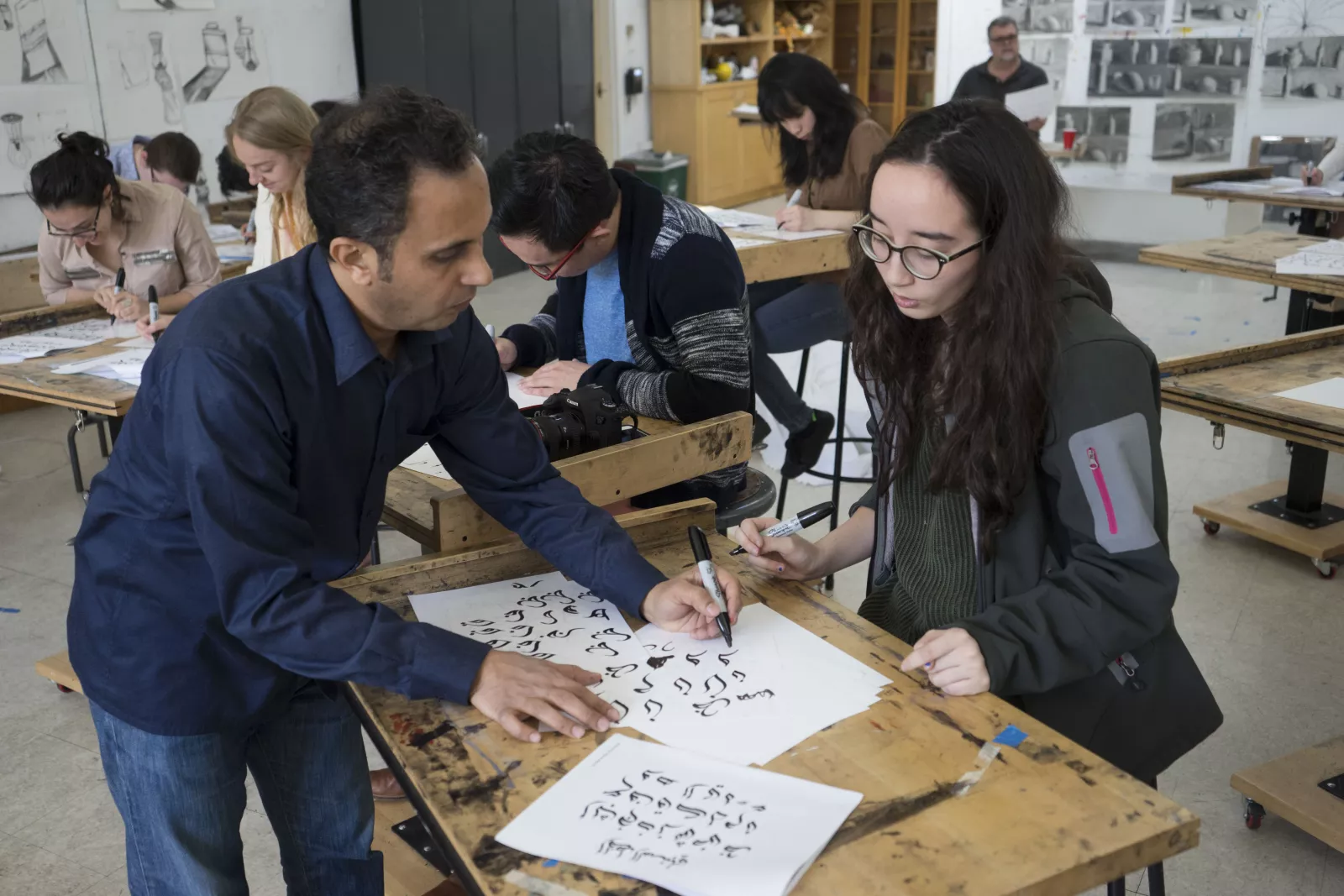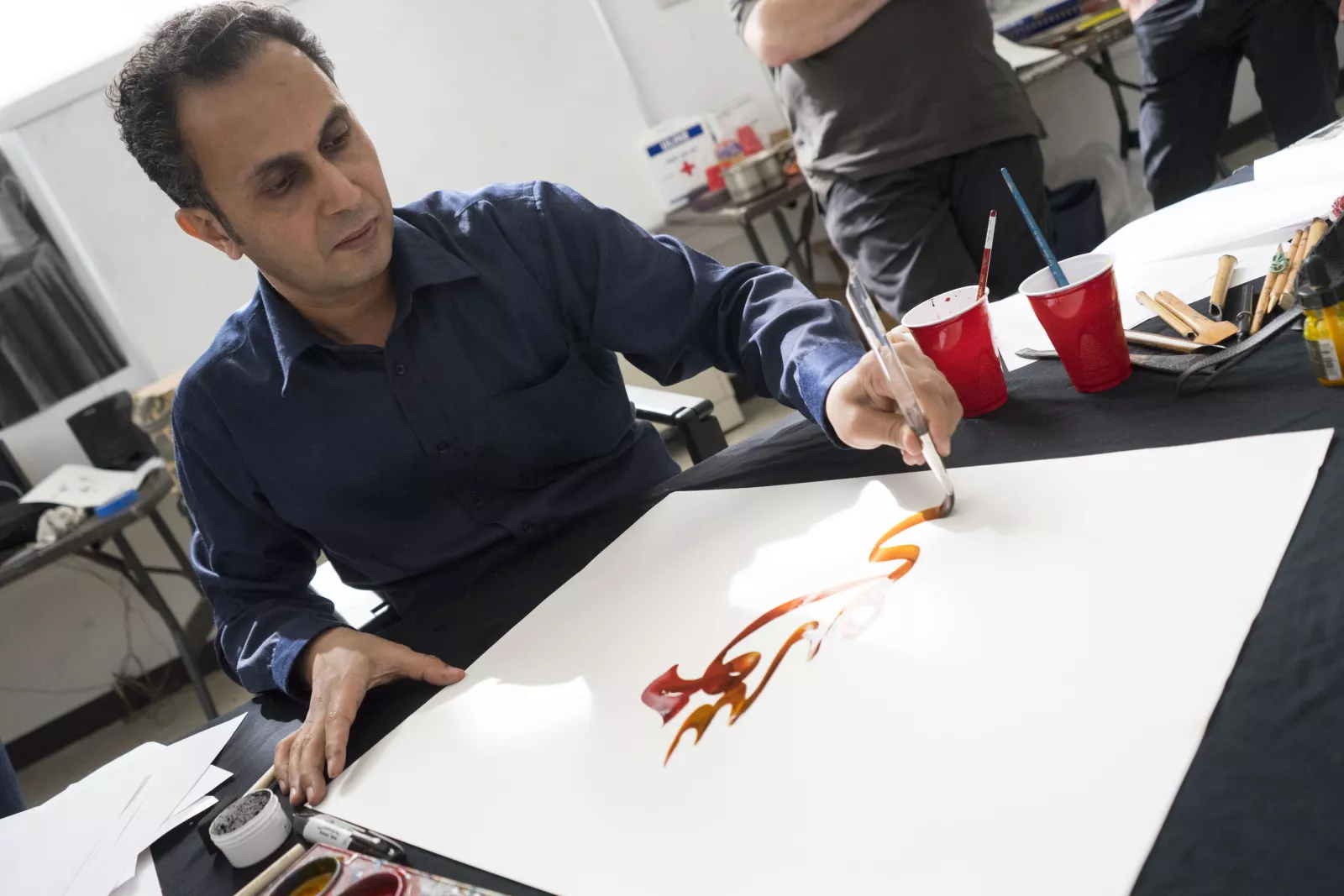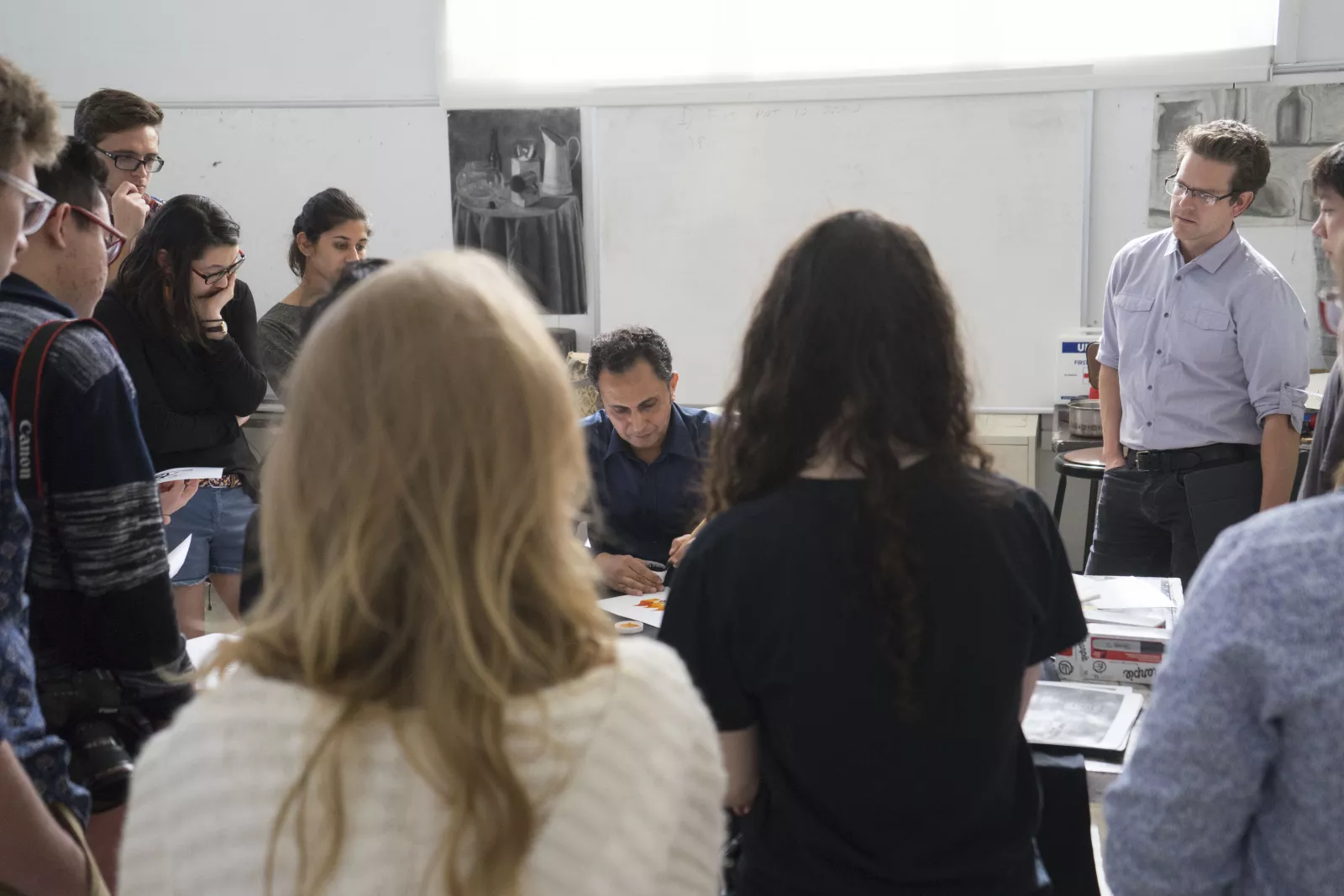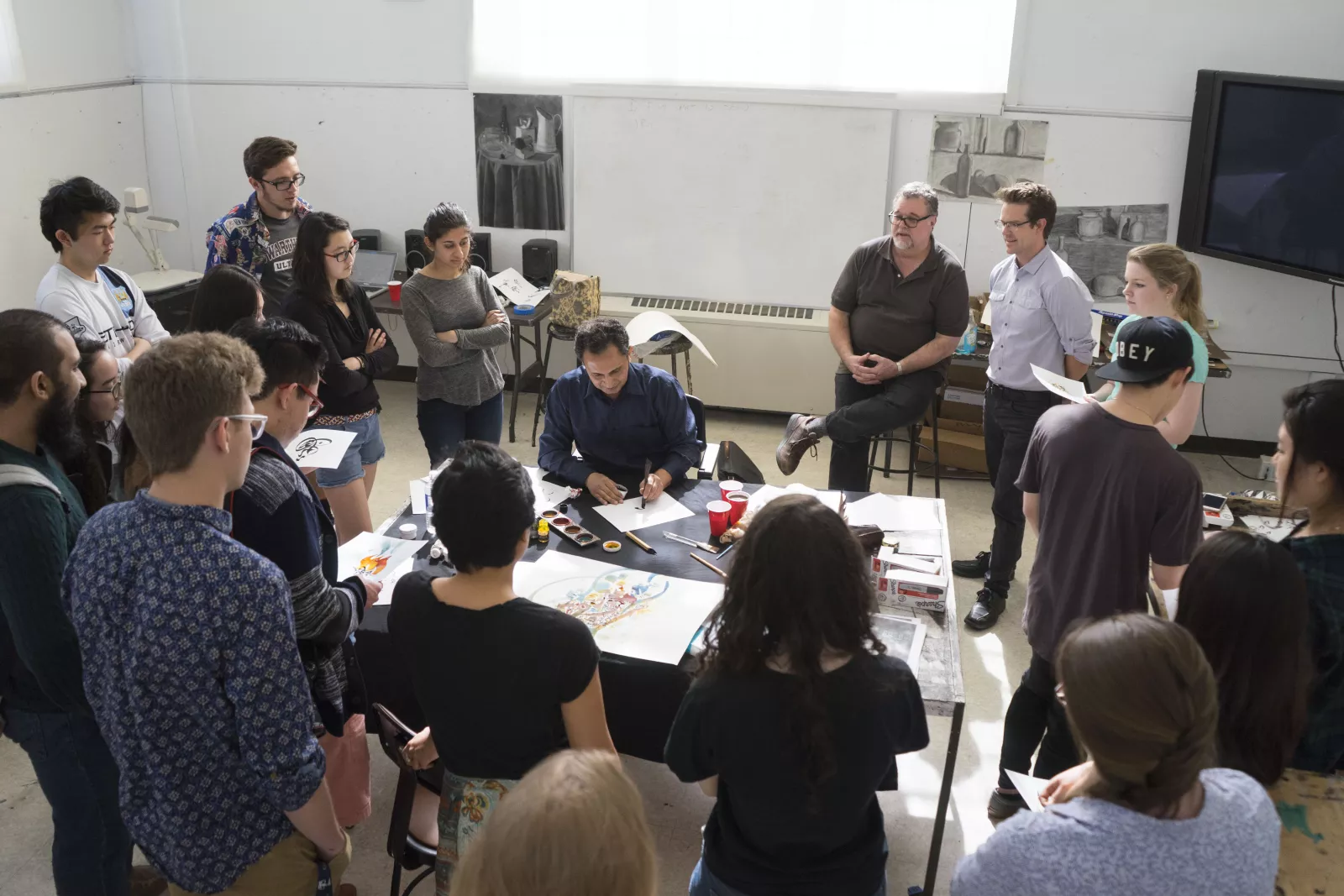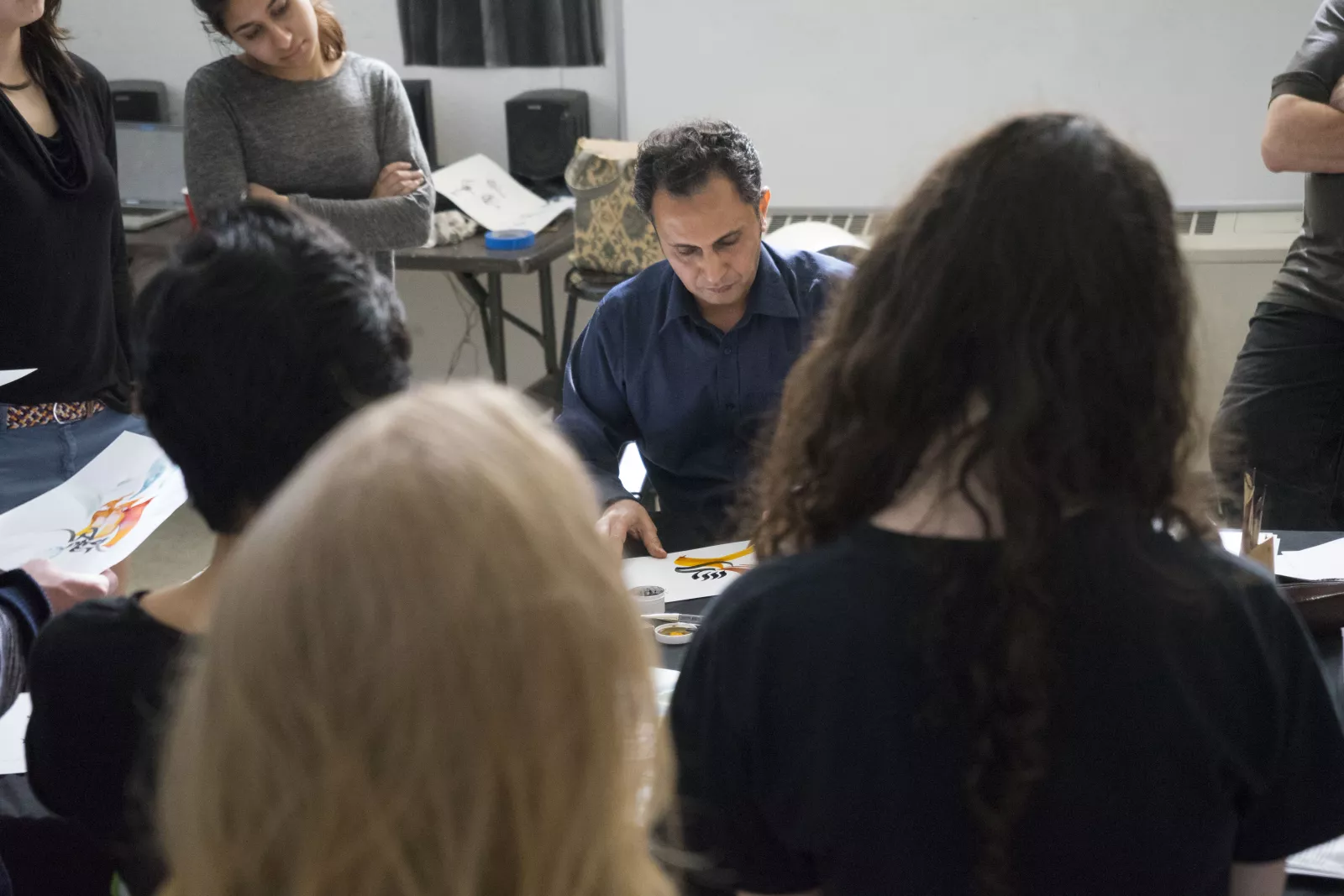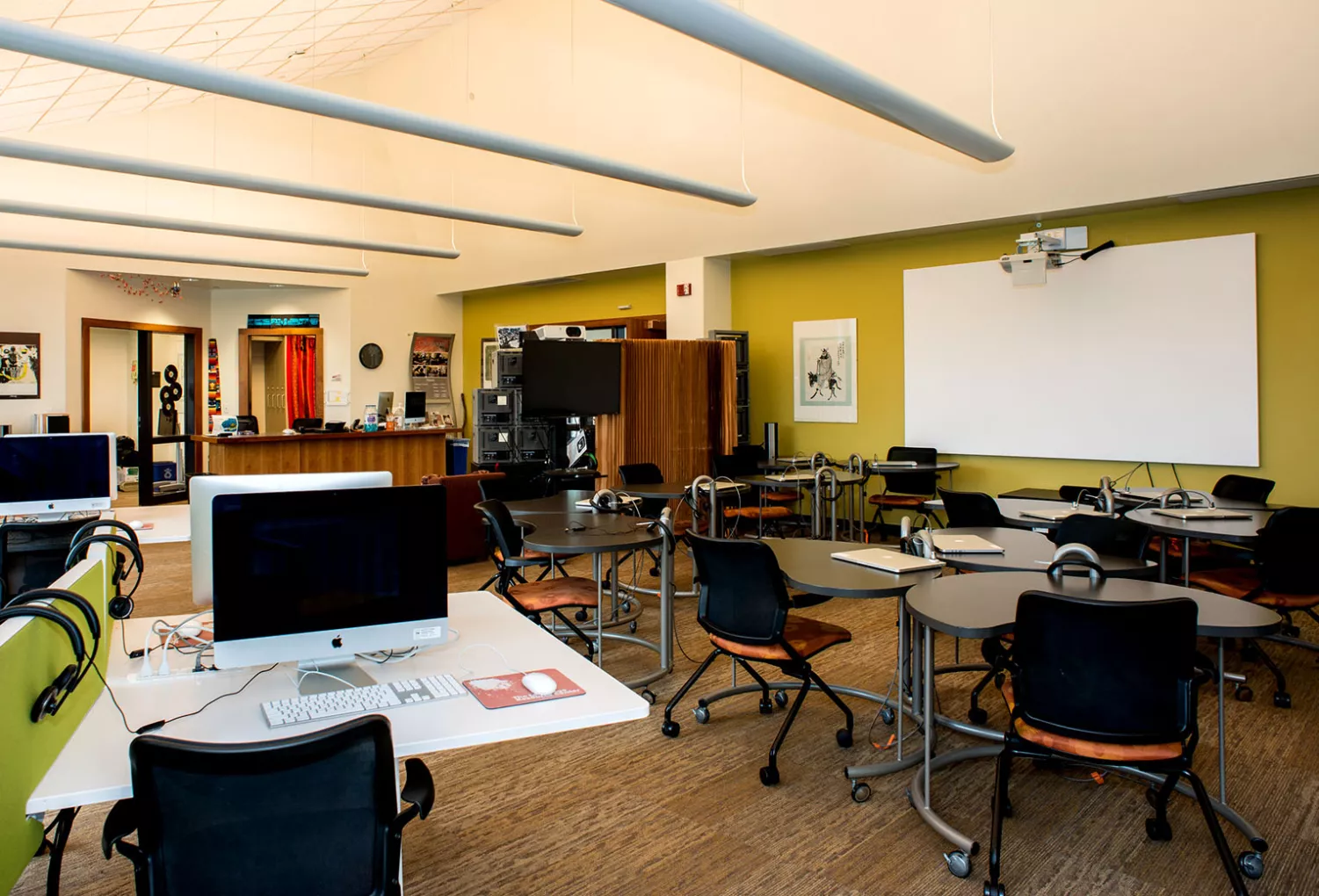The Arabic Language: A Global Gateway
Arabic is one of the most widely spoken languages in the world, with a rich history that spans over 1,500 years. Arabic holds profound cultural, religious, and intellectual significance for millions of people. Arabic is considered to be the fifth spoken language with over 400 million people. It is the official language of 22 countries across the Middle East ,North Africa, and Arab Gulf area.
There are numerous dialects of Arabic spoken in different regions, including Egyptian Arabic, Levantine Arabic (spoken in countries like Syria, Lebanon, Palestine and Jordan), Gulf Arabic, Maghrebi Arabic (spoken in North Africa), and many others. While Modern Standard Arabic (MSA) is used in formal settings, news broadcasts, literature, and education, the spoken dialects can vary widely, making the language vibrant and diverse.
Studying Arabic provides numerous benefits, both academically and professionally. In an increasingly interconnected world, proficiency in Arabic opens doors to opportunities in international business, diplomacy, journalism, translation, and various fields related to the Arab world and North Africa. Understanding Arabic also allows for deeper engagement with the region’s contemporary issues, cultures, and media, as well as the ability to connect with millions of Arabic speakers across the globe.


